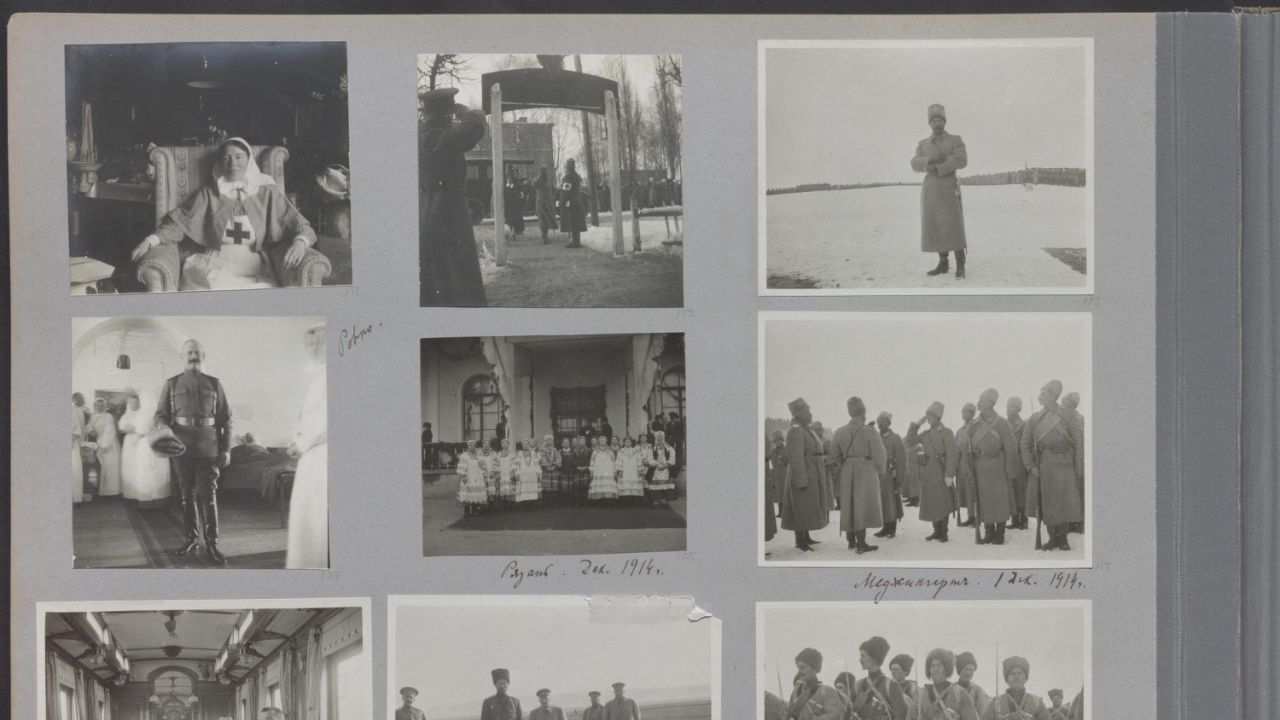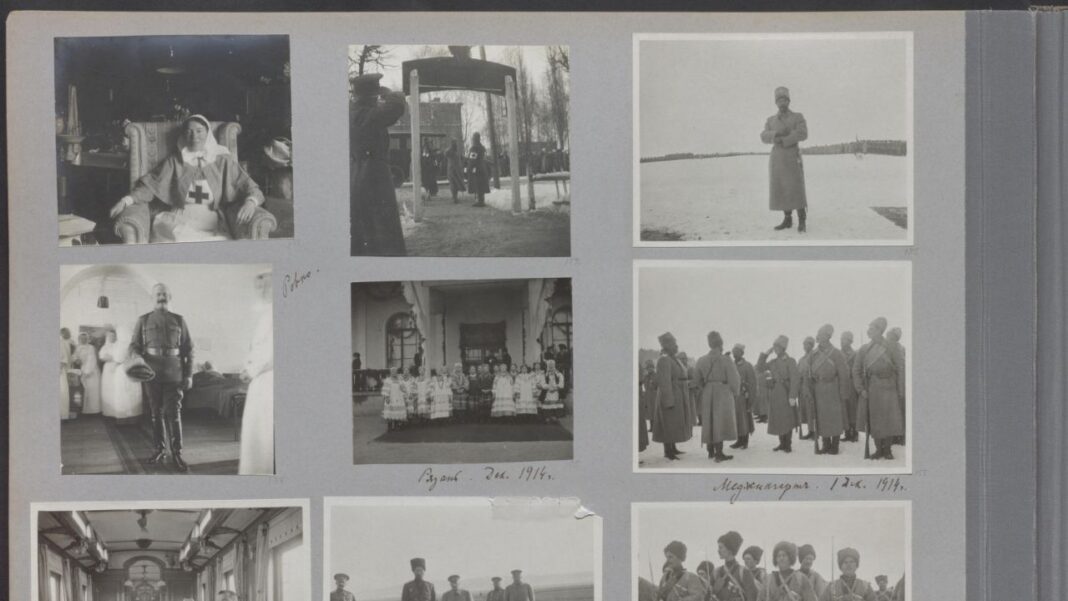Have you ever wondered if you might have Native American ancestry? It’s a common question for many people, especially in the United States. The good news is that you can start exploring your heritage without spending any money. In this post, we’ll share 6 ways to find out if you are Native American for free.
6 Ways To Find Out If You Are Native American For Free
Follow the steps to find if you are a Native American without spending any money:

1. Start With Your Family
The best place to begin your search is with your own family. Talk to your parents, grandparents, aunts, uncles, and other relatives. Ask them what they know about your family history and if they have any stories, documents, or photos that might provide clues about your ancestry.
2. Research Tribal Affiliation
The first step is to identify which tribe your ancestors may have belonged to. Look at the areas where your family lived and research which Native American tribes were present in those regions.
The American Indian Genealogy Wiki is a great resource. It provides information on specific tribes and their historical records. Once you have an idea of the relevant tribes, you’ll know where to focus your search.
3. Genealogical Research
Next, it’s time to dig into your family history. Gather as much information as you can, including names, important dates, and locations. Talk to your relatives and family friends – they may have valuable clues about your ancestry.
Build a family tree on a free site like FamilySearch.org. As you input your family data, you may discover others users who share your Native American ancestors. Collaborating with them can uncover even more leads.
4. Online Resources
Many useful resources for tracing Native American ancestry are available online for free. The Bureau of Indian Affairs offers a detailed guide called “A Guide to Tracing American Indian & Alaska Native Ancestry.” It walks you through the research process step-by-step.
The National Archives also has a Native American Research page that links to helpful databases and tools. Be sure to check out their collection of Indian Census records, which may contain information about your ancestors.
5. Autosomal DNA Test
One way to determine if you have Native American ancestry is through an autosomal DNA test. Unfortunately, these tests can be pricey. But don’t worry, there are still ways to explore your heritage without spending a dime.

Start by gathering information about your family history. Talk to relatives and ask if they know of any Native American ancestors. Write down names, dates, and places of birth and death. You can use free resources like FamilySearch.org to build your family tree.
Next, identify the tribes that lived where your ancestors resided. The FamilySearch Wiki has pages for each state with information on local tribes and their records. Learning about the customs and naming practices of these tribes can provide clues.
6. Research On Government Websites
The Bureau of Indian Affairs offers a free guide on tracing American Indian and Alaska Native ancestry. It includes info on tribal enrollment and doing genealogical research. You can access it on their website.
The National Archives is another great resource. They have free databases and online research tools you can use. Check if your local library provides access to these as well.
FamilySearch.org is a treasure trove of records like census rolls and other historical documents. Use their catalog to locate records related to your ancestors and the tribes they may have belonged to. Carefully go through these records for any mention of Native American heritage.
If you do identify a specific tribe in your family history, reach out to them. Contact the tribe directly to ask about their enrollment process and requirements for proving ancestry. They can guide you on next steps.
Respect Tribal Sovereignty
When you’re researching your family history, it’s crucial to approach it with the respect and understanding it deserves. If your search leads you to a specific tribe, be respectful of their sovereignty. This means recognizing that each tribe is a separate nation with its own laws and procedures. Researching your lineage should never infringe on tribal rights or disrespect a tribe’s independence.
Don’t assume that just because you’ve found a link to a particular tribe in your family tree, it automatically means you’re a tribal member. Membership rules vary greatly among tribes. Some tribes base membership on lineage, while others require more than just a blood connection. So, if you find a tribal link, it’s best to contact the tribe directly and ask about their enrollment process.
Respect Native American Cultures & Traditions During Research
As you start your research journey, remember that you’re not just exploring your own family history, but you’re also researching rich and diverse cultures that deserve the utmost respect. While gathering information, be mindful of the cultures and traditions of the tribes you may be linked to.
Native American cultures are rich with traditions, customs, and stories that have been passed down through generations. These cultural aspects are an integral part of their identity. So, if your research leads you to a specific tribe, take the time to learn about their customs, traditions, and history.
Conclusion
Finding out if you have Native American ancestry is a meaningful journey that you can start without spending money. Talk to your family, research tribes online, and consider DNA tests if possible. Respect Native American cultures and their rules about membership. Approach your research with curiosity and empathy, honoring the diverse histories that shape your family and cultural identity.
